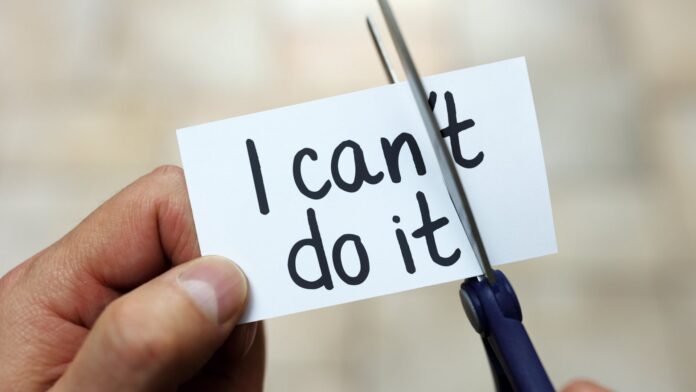Self-esteem is your overall opinion of yourself — how you feel about your abilities and limitations. When you have healthy self-esteem, you feel good about yourself and see yourself as deserving of the respect of others. When you have low self-esteem, you put little value on your opinions and ideas. You might constantly worry that you aren’t good enough.
It is wonderful to have higher self-esteem. Despite the endless array of articles, programs, and products promising to enhance our self-esteem, the reality is that many of them do not work and some are even likely to make us feel worse.
The major problem is that our self-esteem is rather unstable, to begin with, as it can fluctuate daily, if not hourly. The more meaningful a specific domain of self-esteem, the greater the impact it has on our global self-esteem.
We have to keep healthy self-esteem always and should be stable too. Here are five ways to nourish your self-esteem when it is low:
1. Use Positive Affirmations Correctly
Positive affirmations such as “I am going to be a great success!” are extremely popular, but sometimes they can give a negative impact too. When our self-esteem and confidence is very low, then this is a mere contradiction to reality. Hence we should have to change the idea. For example, change “I’m going to be a great success!” to “I’m going to persevere until I succeed!”
2. Identify your Competencies and Develop Them
Self-esteem is built by demonstrating real ability and achievement in areas of our lives that matter to us. If you pride yourself on being a good cook, conduct more dinner parties. If you’re a good writer, write ardently. In short, find out what is your core talent and enhance it. Improve your career with that.
3. Learn to Accept Compliments
One of the trickiest aspects of improving self-esteem is that when we feel bad about ourselves we tend to be more resistant to compliments — even though that is when we most need them. So, set yourself the goal to tolerate compliments when you receive them, even if they make you uncomfortable (and they will). The best way to avoid the reflexive reactions of batting away compliments is to prepare simple set responses and train yourself to use them automatically whenever you get good feedback (e.g., “Thank you” or “How kind of you to say”). In time, the impulse to deny or rebuff compliments will fade — which will also be a nice indication your self-esteem is getting stronger.
4. Eliminate Self-criticism
Unfortunately, when our self-esteem is low, we start to criticize ourselves. Enhance our self-esteem, by asking ourselves what we would say to a dear friend if they were in your situation (we tend to be much more compassionate to friends than we are to ourselves) and direct those comments to ourselves. Doing so will avoid damaging your self-esteem further with critical thoughts, and help build it up instead.
5. Affirm your Real Worth
Do the following activities to build up your self-esteem. Make a list of qualities you have that are meaningful in the specific context. For example, if you got rejected by your date, list qualities that make you a good relationship prospect (for example, being loyal or emotionally available); if you failed to get a work promotion, list qualities that make you a valuable employee (you have a strong work ethic or are responsible). Then choose one of the items on your list and write a brief essay (one to two paragraphs) about why the quality is valuable and likely to be appreciated by other people in the future. Do the exercise every day for a week or whenever you need a self-esteem boost.
Improving self-esteem is a constant process. If you get on the track, boost yourself to be confident all the time.



